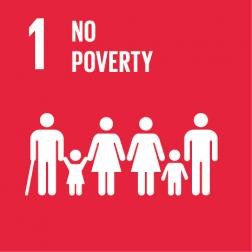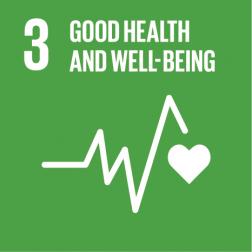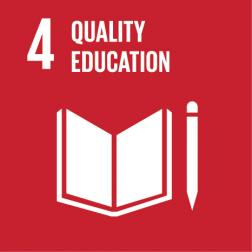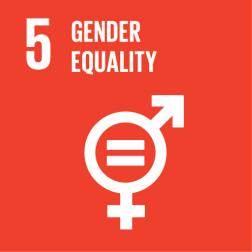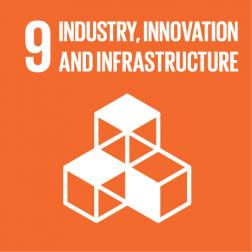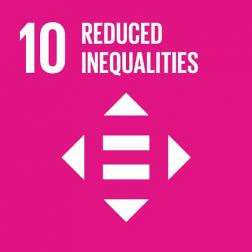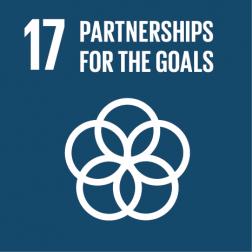General information
Title
Academic capacity for health is strengthened through improved quality in education and access to postgraduate education and training
ID
XM-DAC-2-10-3067
CRS ID
2022003067
Start date
End date
Activity status
Completion
Budget
€20.446.238
Actor
ITM Institute of Tropical Medicine ANTWERPEN - ANVERS
Sector
Health - Medical education/training
Policy markers
Gender 1
RMNCH: Reproductive, Maternal, Newborn and Child Health 2
Aid type
Core support to NGOs, other private bodies, PPPs and research institutes
Fragile state
No
Least developed country
No
Budgetline
54 20 356072 NGO Programs
Finance type
GRANT
Tied status
No
Flow type
ODA
SDGs
Body
General
The Institute of Tropical Medicine (ITM) is an autonomous academic institute specialised in scientific research, postgraduate education and expert service delivery in tropical medicine and public health in developing countries. Its expertise is central to 8 of the 17 Strategic Development Goals and related to 7 others. In its Belgian programme, ITM pursues its over-all goal of improving health in developing countries through (1) academic capacity strengthening of individuals and institutes; (2) policy support and networking; (3) de-velopment education and advocacy. Academic strengthening includes scholarships for training at ITM and the constitution of an Academic Alliance with institutional partners from the South. This Alliance will be built up gradually as a platform for joint activities including student and staff exchange, global fellowships, quality assurance, curriculum development and digital learning forms. Policy support to the Directorate General Development Cooperation and Humanitarian Aid (DGD) and other Belgian and global actors will offer specific expertise in DGD's designated priority fields, and will also be fed by networks of actors at national (Be-cause Health) and international (International Health Policy) level. Development education and advocacy will focus on global health awareness in general, political and professional constituencies; the effectiveness of north-south partnerships; and international meetings in which scientists and experts from the South can raise their voice.


